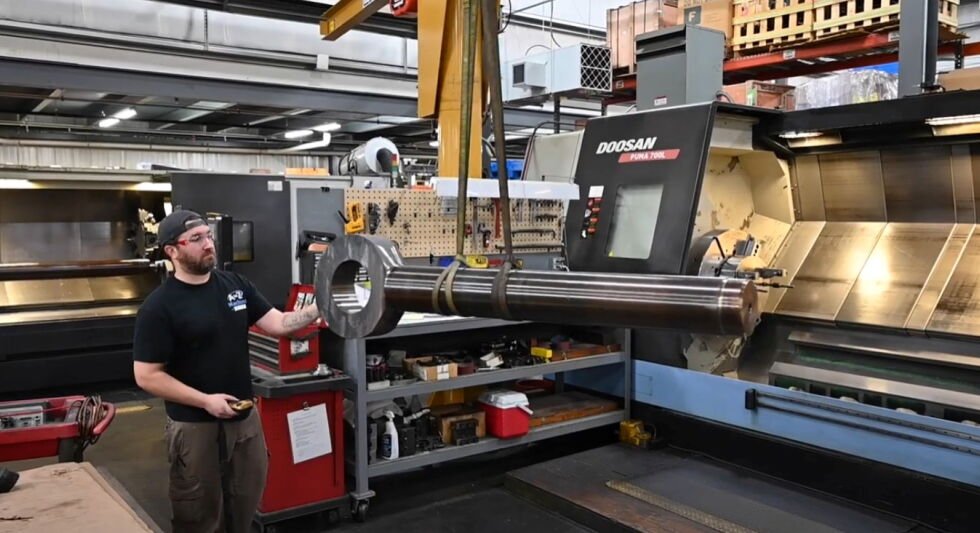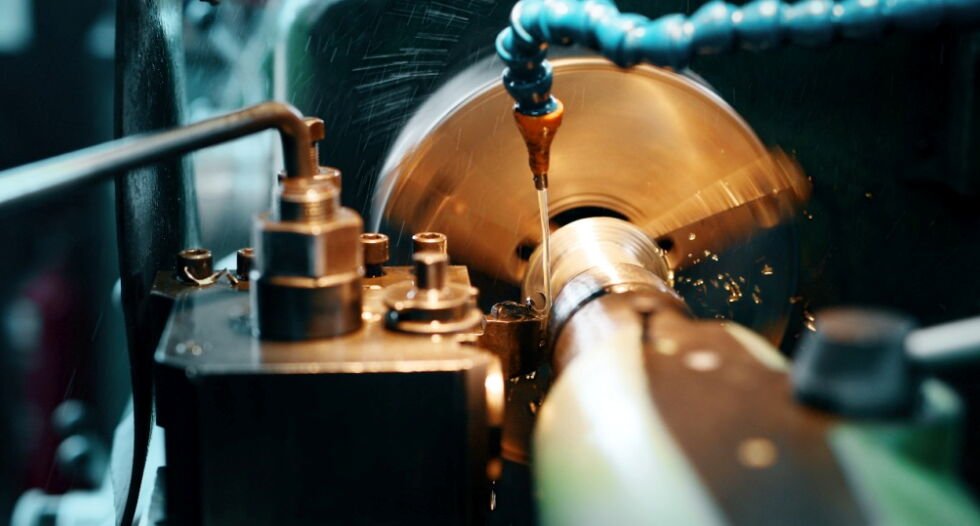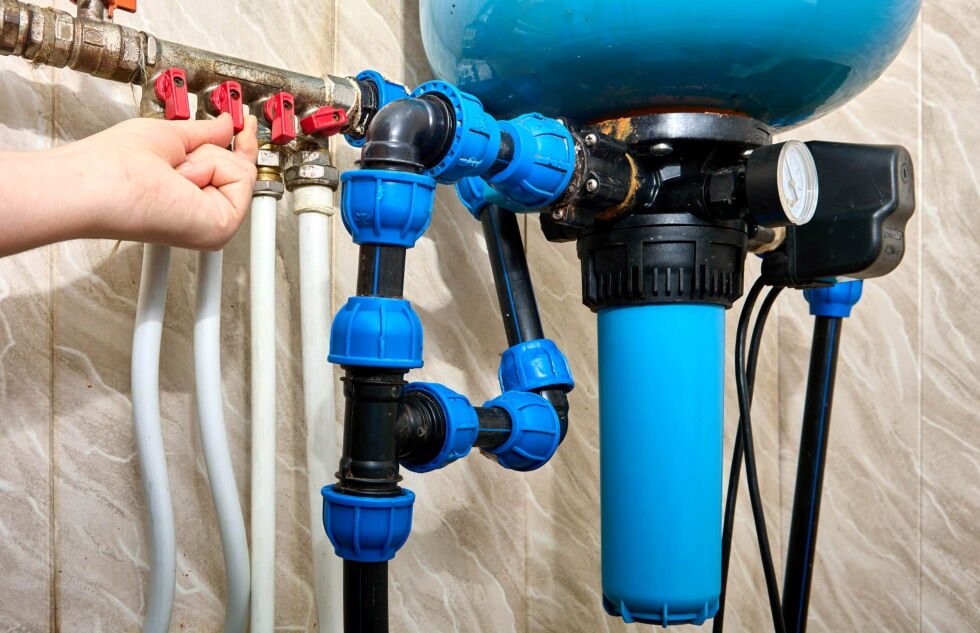Understanding Your Metalworking Needs
Before diving into the world of CNC machines, it’s pivotal to assess your specific metalworking needs. Different industries, such as automotive, aerospace, and manufacturing, have unique requirements. Identify the types of metals you will be working with—common materials include aluminum, steel, and titanium—as each requires different cutting techniques and machine specifications. Additionally, consider the volume of production: Are you focusing on high-mix low-volume production, or do you need a machine capable of high throughput? Knowing these factors will guide your selection process.
Assessing Machine Footprint and Operational Space
CNC machines vary significantly in size, which directly impacts your workspace. Measure your shop or operational area to understand how much space you can dedicate to a machine. Compact models may suit small workshops, while larger setups might be more fitting for industrial applications. Moreover, consider the arrangement of additional equipment, tools, and material storage in your workspace; optimizing movement and accessibility can enhance operational efficiency.
Power and Torque: The Heart of CNC Performance
Power and torque specifications are vital metrics when selecting a CNC machine. Machines with higher torque ratings are better equipped to handle dense materials and complex cuts. Additionally, spindle speed is a critical consideration—faster speeds can improve cycle times for larger projects, while lower speeds may be necessary for detailed work. Understanding the material thickness and type you will often be cutting will help you choose a machine that provides the right balance of speed and power for your projects.
Software Integration and User-Friendliness
The effectiveness of a CNC machine isn’t solely defined by its mechanical capabilities; the software that drives it plays a crucial role too. Look for machines that offer compatibility with popular CAD/CAM software. A user-friendly interface with intuitive controls can significantly reduce the learning curve for new operators. Additionally, features like real-time monitoring and error detection can prevent costly mistakes and material wastage, thus enhancing the overall productivity of your metalworking operations.
Precision Matters: Tolerance and Accuracy in Metalworking
In metalworking, precision is non-negotiable, particularly in industries where tolerances can make or break a project. When researching CNC machines, pay close attention to their precision ratings and tolerance capabilities. Machines designed for high-precision work will have tighter tolerances, ensuring that every component meets your exact specifications. This is especially important for high-stakes projects, such as those in aerospace or medical manufacturing, where the slightest deviation can lead to failures.
Maintenance: Ensuring Longevity and Efficiency
Proper maintenance is key to sustaining the performance and lifespan of your CNC machine. Each model comes with specific maintenance requirements, ranging from routine lubrication to software updates. Investigate the frequency and complexity of these maintenance tasks. Choosing a machine with accessible parts and straightforward maintenance protocols can reduce downtime and operational costs, allowing your business to run smoothly without unexpected interruptions.

Budgeting: Balancing Cost with Quality
While it’s crucial to stick to your budget, remember that quality often comes at a price. Investing in a high-quality CNC machine with advanced features can yield long-term savings by minimizing repair costs and maximizing production efficiency. Consider the total cost of ownership, including maintenance, software updates, and potential repairs. A lower-priced machine might save you money upfront but could incur higher costs in the long run, making it essential to evaluate the value of your investment.
Final Selection: Making an Informed Choice
The decision to purchase a CNC machine should be made with careful consideration of all the factors mentioned above. Gather input from your team, consult with experts, and thoroughly research various models. Read reviews and case studies to understand how specific machines have performed in real-world settings. Making an informed choice will not only meet your current needs but also position your business for future growth and adaptation in the ever-evolving metalworking landscape.
FAQ
What is the difference between a CNC router and a CNC mill?
CNC routers are generally used for softer materials such as wood or plastic, while CNC mills are designed for harder materials like metal. The milling process often requires more precision and can handle intricate designs better than routers.
How often should CNC machines be maintained?
Maintenance frequency can vary by machine type and usage, but generally, regular checks should be performed weekly, with more in-depth maintenance every few months, including lubrication and calibration.
What factors should I consider for software compatibility?
When assessing software compatibility, look for machines that can integrate with popular CAD/CAM programs, offer user-friendly interfaces, and include features like simulation and error-checking to streamline your workflow.











